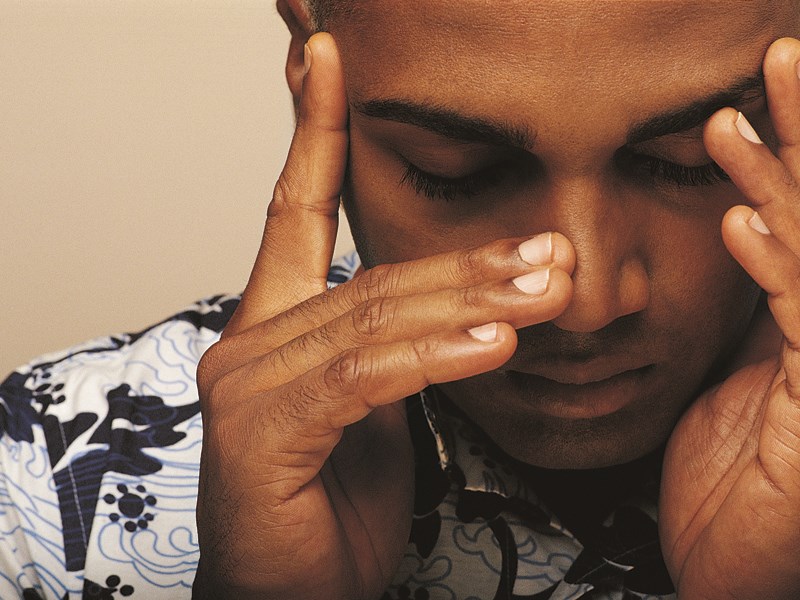
Depression
What is depression?
After anxiety, depression is the second most common mental health disorder. It is characterized by an intense feeling of sadness.
Someone with major depression experience the following symptoms nearly every day, all day, for 2 weeks or longer:
- Feeling sad, hopeless and having frequent crying spells
- Losing interest or pleasure in things you used to enjoy (including sex)
- Feeling guilty, helpless or worthless
- Thinking about death or suicide
- Sleeping too much, or having problems sleeping
- Loss of appetite and unintended weight loss or gain
- Feeling very tired all the time
- Having trouble paying attention and making decisions
- Having aches and pains that don't get better with treatment
- Feeling restless, irritated and easily annoyed
If you're depressed, you may also have headaches, other aches and pains, digestive problems and problems with sex. An older person with depression may feel confused or have trouble understanding simple requests.
What causes depression?
Depression seems to be related to a chemical imbalance in the brain that makes it hard for the cells to communicate with one another. Depression also seems to be hereditary (to run in families).
Depression can be linked to stressful events in your life, such as the death of someone you love, a divorce or loss of you a job. Taking certain medicines, abusing drugs or alcohol or having other illnesses can also lead to depression. Depression isn't caused by personal weakness, laziness or lack of willpower.
Women are twice as likely as men to suffer from depression. This can be related to hormonal changes that affect mood.
How is depression treated?
Depression can be treated with medicines, with counseling or with both.
Antidepressants correct the chemical imbalance in the brain that causes depression.
Antidepressants work differently for different people. They also have different side effects. So, even if one medicine bothers you or doesn't work for you, another may help. You may notice improvement as soon as 1 week after you start taking the medicine. But you probably won't see the full effects for about 8 to 12 weeks. You may have side effects at first but they tend to decrease after a couple of weeks.
How long you'll need to take the medicine depends on your depression. Your doctor may want you to take medicine for 4 to 6 months or longer. You need to take the medicine long enough to reduce the chance that the depression will come back. Talk with your doctor about any questions you have about your medicine
How long will the depression last?
This depends on how soon you get help. Left untreated, depression can last for weeks, months or even years. The main risk in not getting treatment is suicide. Treatment can help depression lift in 8 to 12 weeks, or less.
Getting through depression
- Pace yourself. Don't expect to do everything you normally can. Set a realistic schedule.
- Don't believe negative thoughts you may have, such as blaming yourself or expecting to fail. This thinking is part of depression. These thoughts will go away as your depression lifts.
- Get involved in activities that make you feel good or feel like you've achieved something.
- Avoid making big life decisions while you are depressed. If you must make a big decision, ask someone you trust to help you.
- Avoid drugs and alcohol. Both make depression worse. Both can cause dangerous side effects with your antidepressants.
- Physical activity seems to cause a chemical reaction in the body that may improve your mood. Exercising 4 to 6 times a week for at least 30 minutes each time is a good goal. But even less activity can be helpful.
- Try not to get discouraged. It will take time for your depression to lift fully.
Reasons to get help for depression
- Early treatment helps keep depression from getting worse or lasting a long time.
- Thoughts of suicide are common in people with depression. The risk of suicide is higher if you don't get treatment for your depression. When depression is successfully treated, the thoughts of suicide will go away.
- Treatment can help you return to your "normal" self, enjoying life.
- Treatment can help prevent depression from coming back.
Holistix Solutions
5-HTP
GABA
Salmon Oil
St. John’s Wort
Vitamin B Complex
L Methionine